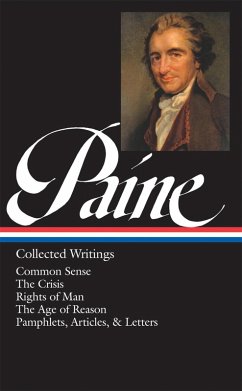
The Civil War in France (eBook, ePUB)

PAYBACK Punkte
0 °P sammeln!
The Civil War in France is a pamphlet written by Karl Marx. It presents a convincing declaration of the General Council of the International, pertaining to the character and importance of the struggle of the Communards in the Paris Commune at the time.
Dieser Download kann aus rechtlichen Gründen nur mit Rechnungsadresse in A, B, BG, CY, CZ, D, DK, EW, E, FIN, F, GR, H, IRL, I, LT, L, LR, M, NL, PL, P, R, S, SLO, SK ausgeliefert werden.














